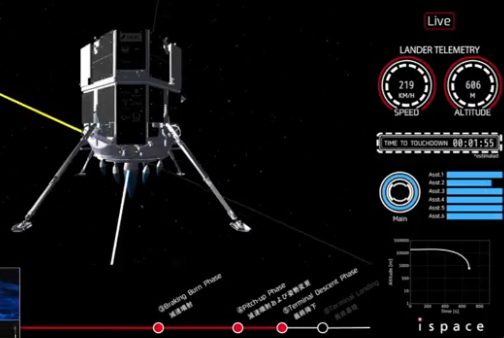Commercial communcations satellite operator Inmarsat which operates a fleet of satellites in Geosationary Earth Orbit (GEO) has teamed up with low Earth orbit satellite operator ORBCOMM Inc. to collaborate on ajoint project to produce a new system to cover the growing Machine-to-Machine (M2M) used mainly by clients for tracking and monitoring of their hardware. The agreement could eventually lead to new satellite platforms and ground hardware being developed for a joint communications system.
Initially both organisations will try to provide commonality for a joint service. ORBCOMM is in the process of building a series of interchangeable modems powered by ORBCOMM’s OG2 VHF network and Inmarsat’s L-band network. These modems are expected to have the same footprint, connectors, power input, and programming environment. Manufacturers and partners will be able to drop in the appropriate modem that corresponds with either the ORBCOMM or Inmarsat network based on geography, message size and delivery speed for unrivaled ease of use and flexibility. In addition, users will be able to take advantage of ORBCOMM’s relationships with cellular providers for dual-mode services.
Comment by David Todd: Just as Iridium is now competing with Inmarsat’s “home turf” of maritime and aeronautical satellite communications, so Inmarsat is now going for Iridium’s fiefdom of M2M services, currently its highest growth sector. Orbcomm, like Iridium, does have global coverage which a GEO satellite operator like Inmarsat cannot do and so the alliance makes sense. Orbcomm already has experience in a basic real time messaging and “store-forward” M2M communications but lacks Iridium’s intersatellite links to do transfer data faster and Inmarsat and Orbcomm will, no doubt, be working on solutions that address that.






